Malnutrition is the most common complication of leukemia patients. Radiotherapy, Chemotherapy and hematopoietic stem cell transplantation are important tools for the treatment of leukemia. In the clinical treatment of leukemia, malnutrition will reduce the sensitivity and tolerance of radiotherapy and chemotherapy, reduce the chance of treatment, increase the complications, impaired immune function and secondary infection leads to shortened survival. Malnutrition is an important cause of exacerbations and death.
Anorexia, weight loss, muscle tissue loss, and atrophy of adipose tissue in leukemia patients cannot be reversed by conventional nutritional therapy, leading to functional damage, and the patient is cachectic. The patient's nutritional support treatment is an important part of clinical treatment of leukemia.
The purpose of nutritional support is not to block or reduce the toxicity of chemotherapy drugs, but to supplement or provide sufficient nutrient substrates to prevent or correct possible malnutrition, and enable patients to withstand the whole chemotherapy process.
Radiotherapy and chemotherapy nutrition support goals: high calorie, high protein, high vitamins, high minerals. Providing fresh ingredients through natural diets, focusing on aseptic concept operations, and disinfecting tableware is the basis for achieving nutriational support.
Chemotherapy Nutrition Support:
Chemotherapy is the use of a series of toxic drugs to kill tumor cells, either by oral or intravenous infusion. Patients with malnutrition before chemotherapy have poor tolerance to chemotherapy. During chemotherapy, there are obvious adverse reactions such as nausea, vomiting, anorexia, mucositis, infection, bleeding, fever, etc., which seriously affect the patient's eating and digestion and absorption functions, or cause severe water and electrolyte disorders.
Therefore, the following points should be noted when performing nutritional support treatment for patients with chemotherapy.
1. Psychological counseling: overcome the fear of vomiting, use antiemetic drugs as needed
2. Try not to eat enough within 2 hours before
chemotherapy. Those who have severe nausea and vomiting should take deep breath
and do not force eating.
3. Do not
force patient with poor appetite to eat, avoiding subsequent anorexia.
4. Provide a light semi-flow diet during the chemotherapy period and increase the number of meals.
5. Avoid greasy food, try not to eat shrimp, crabs, shellfish.
6. Drink lemonade water before the meal to promote appetite, drink more water to promote drug metabolism, use sour and salty cooking methods to relieve nausea
7.Listening to music or have family company to promote appetite when eating.
8. Food Culinary Diversification: Chinese food cooked in Western way, seeking exquisiteness to induce appetite from the outlooking.
9. Provide soft diet and straw for patients have oral ulcers.
Chemotherapy nutrition issues:
1. Constipation: (1) increase dietary fiber
to prevent constipation and use probiotic product
(2) Physical treatment: glycerin, lactulose, saline enema
(3) Drinking water
frequently, do bedside activities
2. diarrheas: The current diet retreats to the most digestible species or reduce the total amount and observe dynamically, no leafy vegetables.
3. treatment food: limited fat intake, about 10 grams per day (one egg,50 grams of lean meat, 100 ml of yogurt) no cooking oil
4. hospitalized hyperglycemias: drug treatment and dietary intervention
5. rest period between treatment: focus on high-density nutritional food supplement
6. pay attention to weight: obesity people need to lose weight
7. tableware disinfection
8. pesticides on fruits and vegetables: use light salt water to soak and running water to rinse
Nutritional Department of Beijing Ludaopei Hospital
-
-
Diseases ·
-


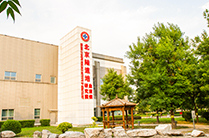
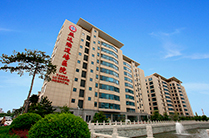


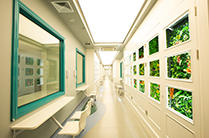
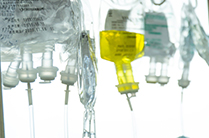

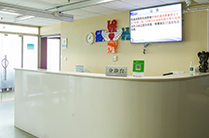

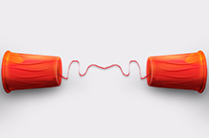


 京公网安备13108202000843号
京公网安备13108202000843号